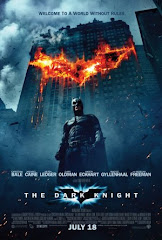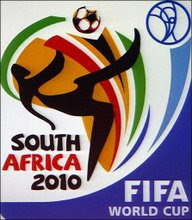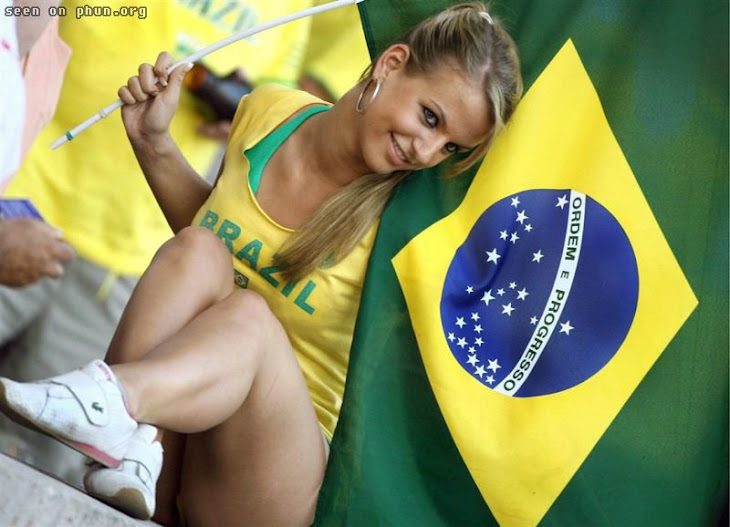U.S. Soccer Player Is National Hero (in Honduras)
With Jonathan Bornstein's goal in October, the United States tied Costa Rica and set off celebrations in Honduras.
CARSON, Calif. — With the United States trailing by a goal in the waning seconds, Jonathan Bornstein looked at his fellow defender Steve Cherundolo as the team prepared to take a corner kick.
The interim president, Roberto Micheletti, declared a holiday after Honduras secured its first World Cup berth since 1982.
“I was like, hey, dude, one of us should go inside the box,” Bornstein said. “We both don’t need to stay back here.”
And so off Bornstein went, sprinting toward Costa Rica’s goal, where he was about to find out just how far a little initiative could resonate.
When Bornstein headed Robbie Rogers’s corner kick into the net in October, it set off an emotional celebration at R.F.K. Stadium in Washington. Although the result of the final World Cup qualifying match meant little to the United States, which had already advanced to South Africa, the Americans took inspiration from their teammate Charlie Davies, who lay in a nearby hospital after he was involved in a fatal car accident a day earlier.
But the real roar emanated from Honduras, which, with Bornstein’s goal moments after it had beaten El Salvador, 1-0, clinched a berth in the World Cup for the first time since 1982. A country that had been torn by a political coup found a reason, at least for the moment, to coalesce. Hundreds of thousands of people emptied into the streets of the capital, Tegucigalpa. The interim president, Roberto Micheletti, declared the next day a national holiday.
Micheletti, who had been installed as the country’s leader after an army-backed coup ousted President Manuel Zelaya last July, ordered a parade rerouted in front of the presidential palace so that he could pose for photographs with the team.
But he did not forget Bornstein. He offered an all-expenses-paid trip to the resort area Islas de la Bahia.
“We’ll bring this gringuito who scored on the header,” Micheletti said. “He doesn’t need a visa to come here to Honduras.”
On Saturday night, Hondurans will have an opportunity to express their gratitude personally, when Honduras plays the United States in an exhibition here. Bornstein is expected to be at his familiar left back position.
“Growing up, you score goals in club soccer or in college and they maybe help your team win,” said Bornstein, whose goal knocked Costa Rica into a playoff, which it lost to Uruguay. “This goal against Costa Rica had a real impact on a whole nation. It doesn’t just affect me or the team, it affected three countries. That a simple soccer goal could do that is very surreal.”
Bornstein has autographed the shoes he wore against Costa Rica, and on Friday he began auctioning them on eBay, the proceeds going to disaster relief in Haiti. The bidding runs until Wednesday, by which time his teammates may stop ribbing him. Some wondered if he would play a half for each team Saturday.
“You might hear some Johnny Bornstein chants,” said Benny Feilhaber, a midfielder for the United States who grew up playing with Bornstein. “They’re in love with Johnny right now.”
Over the last three months, Bornstein’s Facebook page has been peppered with messages thanking him, and a page named Gracias Jonathan Bornstein has been set up. During the United States team’s three-week January training camp, he has been stopped several times leaving the field by Honduran fans who wanted to pose for a photograph with him.
“People are going to remember that name for a long time,” said Alfonso Rosado, a Honduran who has lived in the United States for 14 years.
Rosado was watching the United States-Costa Rica game with friends at his apartment in Long Beach, Calif., fearing the worst. Honduras was on the verge of World Cup berths in 1986 and 2002, only to lose its final qualifiers at home, to Canada and to Trinidad and Tobago.
“When the U.S. scored, we couldn’t believe it,” said Rosado, who watched Honduras work out Thursday night in a cold rain. “We were all jumping up and down. I got a call at 7 the next morning from friends in Honduras, who had been out drinking all night, yelling, ‘Can you believe it?’ ”
For a country that is still plagued by political problems, corruption and crime, the World Cup berth has given Hondurans a rare common cause.
“At that moment, in that day, everyone forgets about all the problems — the crime, the politics — and everyone is together,” Rosado said. “You wonder why we can’t do that on a daily basis, but we know there is at least one thing that can bring us together.”
Bornstein’s goal has opened windows for himself as well. He had understood what it was like to walk onto a soccer field in Central America as an unwelcome visitor, dodging coins, cups of beer and worse. Now he knows of at least one place where he can return to a warmer reception. He has looked into the Islas de la Bahia; a cabana amid the palm trees, sandy beaches and warm tropical waters does have its appeal.
So, about that next vacation?
“Maybe forever Honduras will be a good spot to go,” Bornstein said. “I’m going to keep those options open.”







